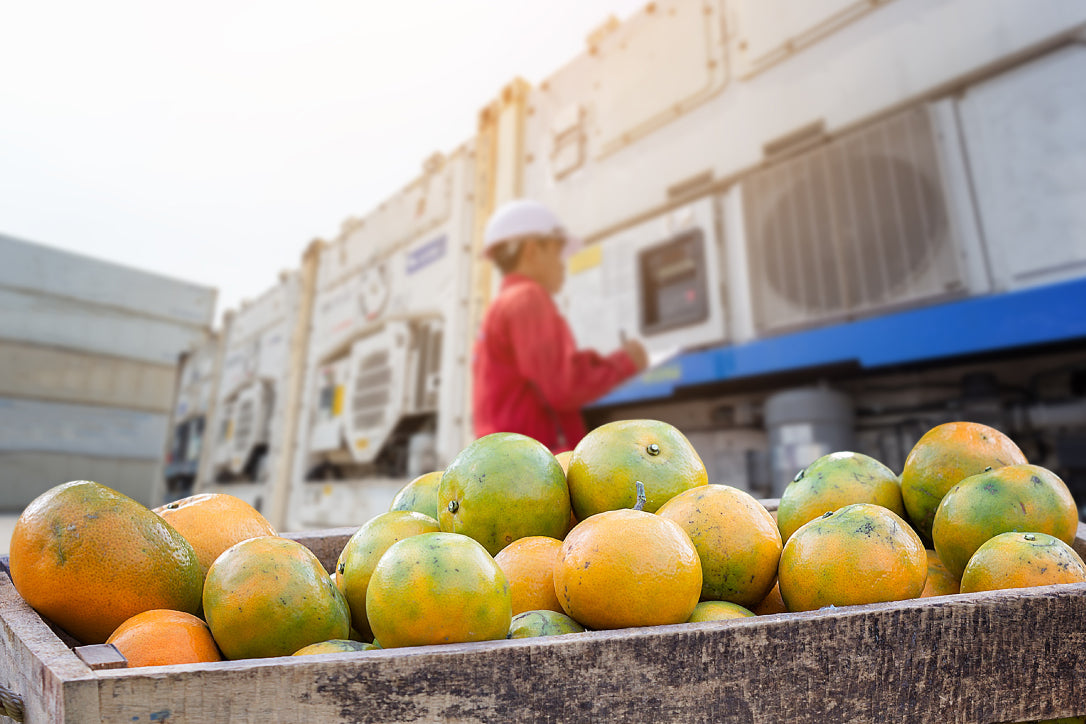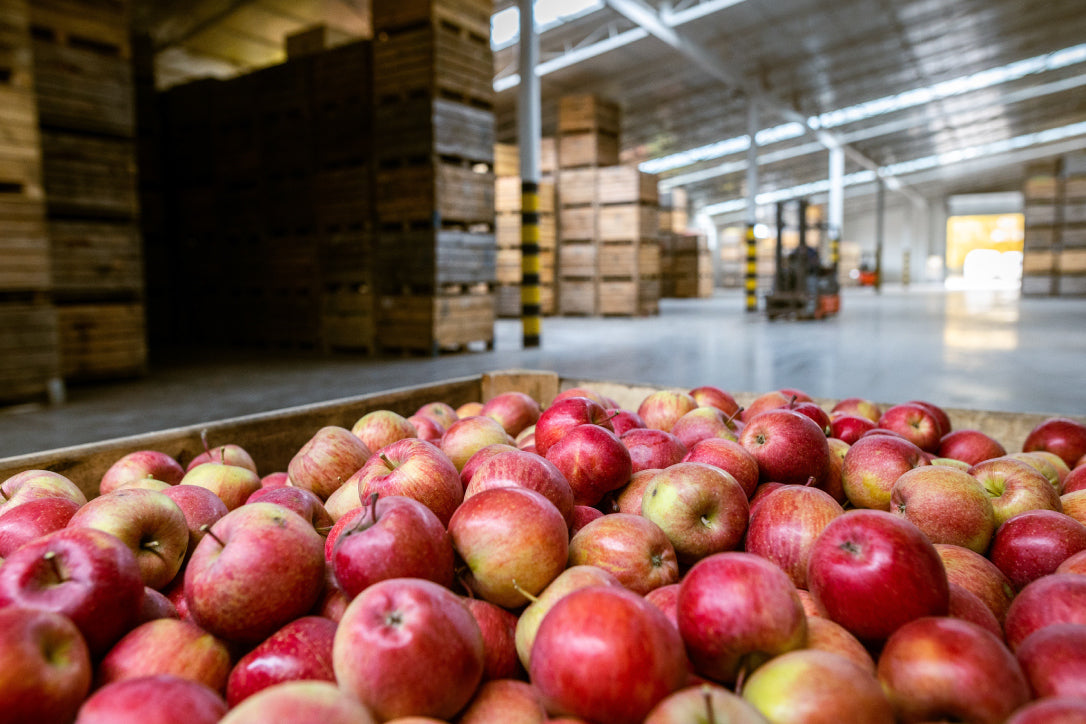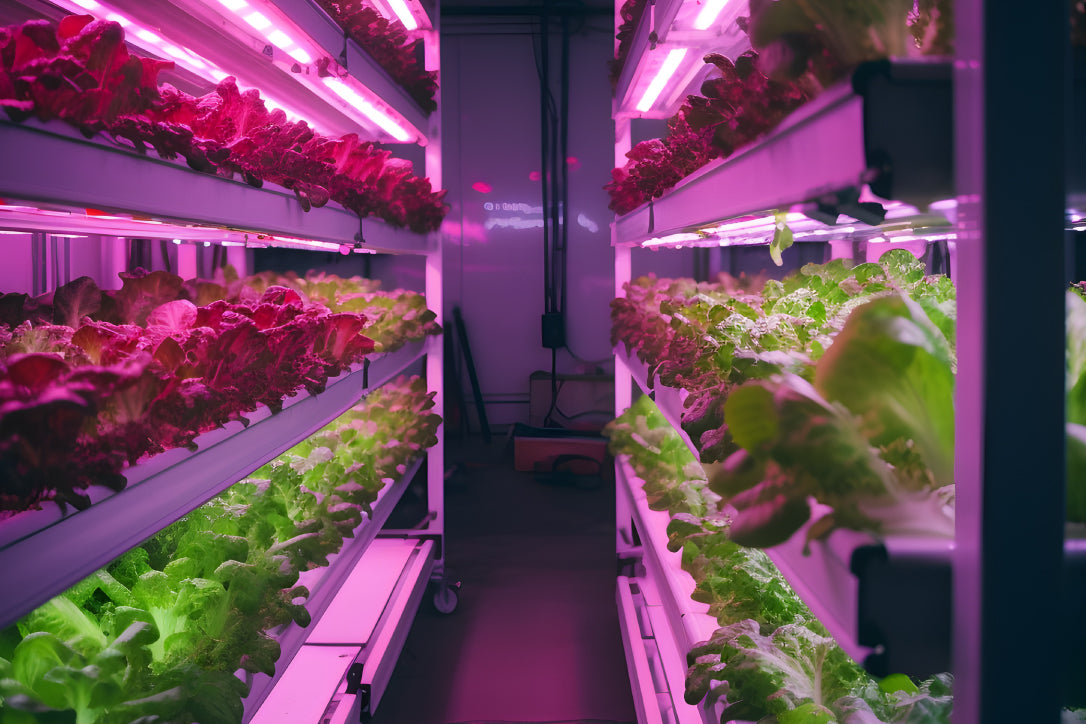South Africa is a fertile ground for the cultivation of a variety of fruits, from citrus to subtropical varieties like mangoes and avocados. As a leading global fruit exporter, ensuring that the produce reaches international markets in impeccable condition is crucial. Key organisations like SANAS (South African National Accreditation System) and PPECB (Perishable Products Export Control Board) play significant roles, alongside the essential aspects of cold storage and specialised transport.

The Role of SANAS
SANAS is South Africa's sole national accreditation body responsible for ensuring organisations comply with international standards. According to its mission, SANAS aims to facilitate the beneficial exchange of goods and services, reflecting the demographics of South Africa. For fruit exporters, obtaining SANAS accreditation means their produce meets stringent international quality standards, instilling confidence in foreign buyers.
Key Functions of SANAS:
- Promoting the organisation as the national accreditation body.
- Encouraging Good Laboratory Practice (GLP) compliance.
- Establishing and maintaining a register of all accredited organisations.

Importance of PPECB
PPECB is mandated by the Department of Agriculture, Forestry and Fisheries (DAFF) and has been delivering end-point inspection services since 1991. As South Africa’s official certification agency for perishable export products, it significantly reduces risks for producers and exporters. The PPECB is also recognised under the European Commission Regulation 543 of 2011, ensuring less frequent checks at EU ports of import.
Key Functions of PPECB:
- Inspection services on over 200 product types at more than 1,500 locations.
- Food Safety Audits focusing on systems and processes within the production and packing chain.
- Cold chain services, including annual inspections and certification of cold storage units.
The Necessity of Cold Storage
Cold storage facilities, often SANAS-accredited, play a pivotal role in maintaining the quality of fresh produce. These facilities must adhere to strict temperature control, hygiene, and record-keeping regulations. Cold chain management is vital, and to be registered, cold stores must undergo annual inspections and certification by PPECB.

Transport: The Final Link
Specialised transport systems, commonly known as 'reefers,' are critical for preserving the quality of perishable goods from farms to ports. These temperature-controlled containers are monitored by the PPECB (Perishable Products Export Control Board). As produce is loaded, PPECB inspectors confirm the container's temperature settings to ensure they meet the specific requirements for the type of produce being exported. Their oversight continues during transit, utilising temperature-tracking technology to maintain optimal conditions. This comprehensive approach ensures the produce arrives at its destination in peak condition.
Food Safety Compliance
Both SANAS (South African National Accreditation System) and PPECB (Perishable Products Export Control Board) are instrumental in enforcing compliance with food safety standards. Food Business Operators (FBOs) are required to be registered and undergo rigorous audits that focus on worker hygiene, use of plant protection products, and traceability. In recent years, the integration of Internet of Things (IoT) technology and environmental monitoring systems has significantly enhanced these compliance efforts.
"The meticulous efforts of SANAS and PPECB to enforce food safety and quality standards are now being further optimised with modern technologies like IoT. This ensures that South Africa's perishable exports meet global standards."
IoT sensors can monitor variables like temperature, humidity, and even chemical levels in real-time, allowing for more immediate and accurate adjustments to maintain optimal conditions. These technologies can combined with a platform like Nvirosense, can alert operators to any deviations from set standards, enabling quick corrective actions to be taken. In doing so, IoT and environmental monitoring serve as additional layers of quality assurance, ensuring that food safety is maintained to meet both domestic and international standards.
Fruit for All
The fruit import and export industry in South Africa is a complex yet well-orchestrated system involving multiple entities. By understanding each cog in this complex wheel, one can appreciate the effort required to place a piece of South African fruit on a supermarket shelf halfway around the world.





